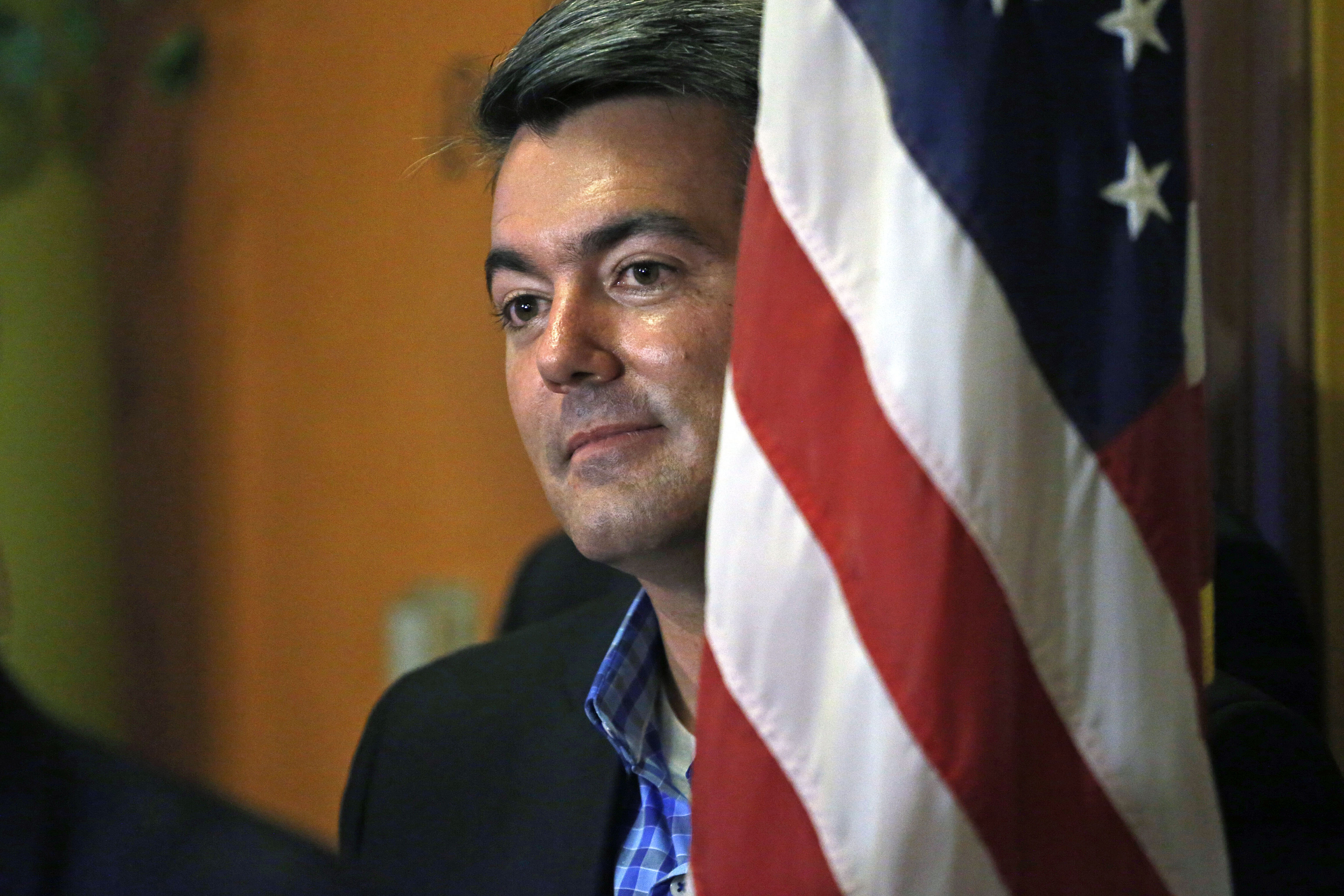Senate Majority leader Mitch McConnell (R-KY) made headlines last month by suggesting that states should consider declaring bankruptcy as opposed to receiving more federal funding during the coronavirus pandemic.
In a press release last week in response to McConnell’s statement, Cut the Strings, a project of Rocky Mountain Values that advocates for Sen. Cory Gardner (R-CO) to cut ties with McConnell, expressed concern that Gardner may join the Senate leader in blocking federal funding to Colorado, a move that would reduce funding for education.
The press release featured three videos from three current or former educators across Colorado, asking Gardner to cut ties with McConnell for the sake of the Colorado education system, which already suffers from a major lack of funding, they say.
Penny Potts, a Littleton teacher, suggested in her video that a lack of federal funding would lead to teacher and staff cuts, as well as a lack of curriculum resources.
“Colorado already struggles with funding our schools every single year, and this will only make it more difficult in our schools, in our classrooms, all across Colorado,” Potts said. “We will probably have larger class sizes than ever before if they’re going to have to continue to cut staff members…”
Zack Martin, a former Denver Public Schools (DPS) teacher, describes in his video the monumental overload on mental health care within DPS.
“In a school that I worked at, the ratio of mental health care providers to students was around 500 to one,” said Martin. “I’m talking about positions like school counselors, school psychologists, and social workers.”
“What specifically concerns me, as we reckon with the fact that the coronavirus pandemic will significantly impact the next academic year, is that those supports will only further be threatened,” continued Martin. “Further shortchanging Colorado’s most vulnerable students, who will need mental health services more than ever when we come back to school next fall.”
In addition to the concern that Gardner might side with McConnell on minimizing any additional federal aid for states, there is also a concern about how dangerous bankruptcy could be for states, if it were somehow legalized and found constitutional.
According to Politifact, bankruptcy could severely impact states in a negative way by reducing their “creditworthiness”: credit markets are typically significant sources of budget funding that might no longer be available to bankrupt states.
Additionally, vendors could decide to not risk working with the state, and the state might be driven to selling assets. An example particularly relevant to Colorado? State park land, a budget issue already presented to the chopping block at the Capitol.
Marie Aberger, spokeswoman for Cut the Strings, gave additional insight into how bankruptcy would hurt education in Colorado.
“While states can’t declare bankruptcy under federal law as you know, we know what happens when cities do so–so it would look very similar,” Aberger told the Colorado Times Recorder. “It would mean cuts after cuts until the budget balances–and Colorado is facing a $3.3 billion budget hole, so that is a lot of cuts across the board, including education.”
“Cities would be forced to lay off employees like teachers and/or cut their pay,” Aberger continued. “This would mean our already large class sizes would grow even bigger (one teacher in the video says her class size average is 28 students to 1 teacher)–and our schools already facing tight budgets would have even fewer resources.”
“On top of this, we’d see services like police and fire protection, garbage collection, road repairs and more reduced or eliminated, which hurts everyone. Morale among residents is severely impacted,” Aberger said. “And all of this would also make it very hard to attract investment to Colorado, which exacerbates the problem going forward.”
So not only would cutting federal aid put even more of a strain on schools in Colorado, but hypothetically replacing the aid with bankruptcy could result in short- and long-term damage to the state.
Gardner recently said he supports federal funding for states, but he has not made any statements about whether he would, if necessary, break with McConnell, who has partially backed off his bankruptcy suggestion.
Aurora teacher Bryan Linstrom had a simple request:
“Cory Gardner, we need you to stand up and cut ties with Mitch McConnell, and fight for our teachers, our students, and our community like we elected you to do,” Linstrom said in his video.
Gardner, who’s voted over 90 percent of the time with McConnell on legislation, laughed off on conservative talk radio last week a request by Democratic lawmakers and others that he not vote for McConnell as U.S. Senate Majority leader if Gardner is re-elected in November.




